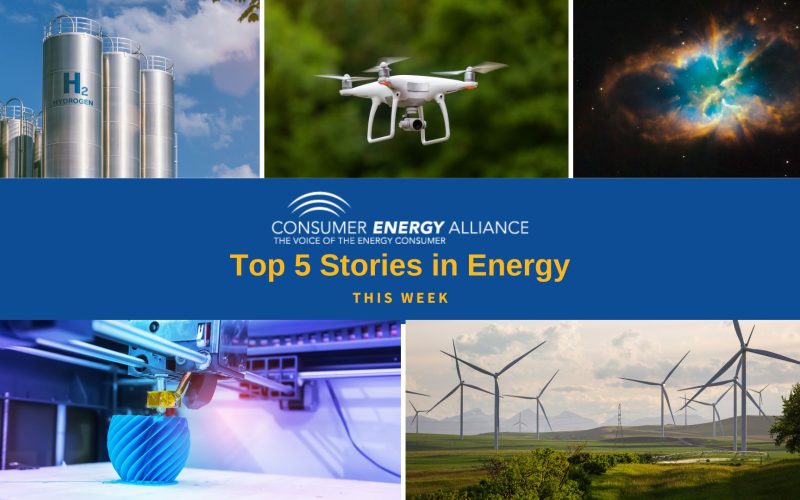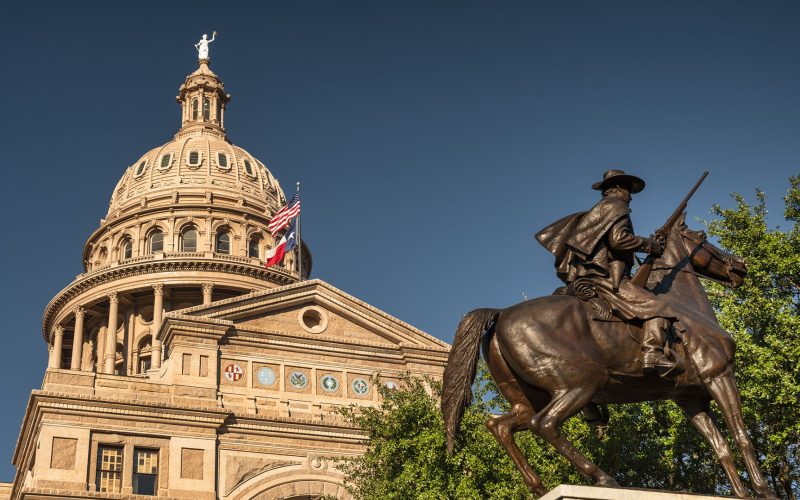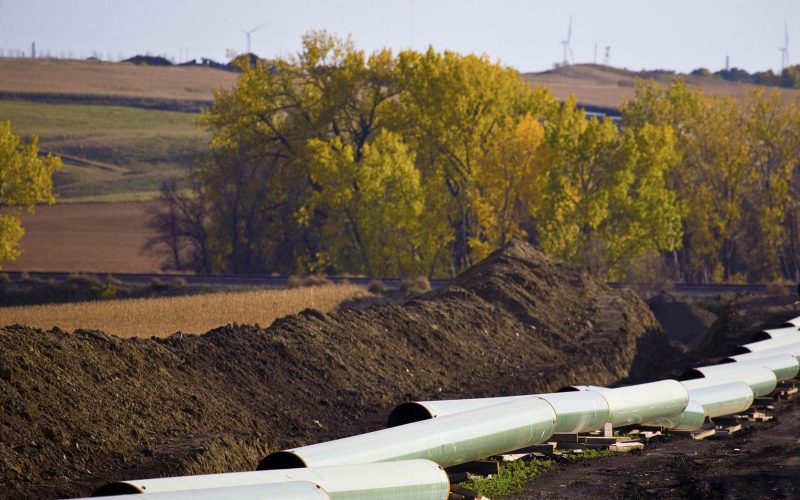THE VOICE FOR THE ENERGY CONSUMER

WASHINGTON, D.C. – Consumer Energy Alliance, the leading voice for sensible energy and environmental policies for families and businesses, announced that John Heimlich, vice president and chief economist for Airlines.

CEA’s Kevin Doyle examines how Virginia’s environment is getting cleaner with key pollutants on the decline as a result of a diverse energy portfolio. Even without being a signatory to.

It’s Friday, July 10, and as Tropical Storm Fay is causing flooding as it hits the mid-Atlantic and New England, satellites are now tracking a massive “Godzilla” Saharan dust plume,.

New Report Demonstrates Offshore Energy Leading the Way for Affordable, Reliable Energy for Texans Reeling from the Economic Downturn Austin, TX — Thanks to increased production of abundant, affordable natural.

With the recent cancellation of the Atlantic Coast Pipeline being celebrated by anti-energy extremists, CEA’s David Holt talks about what this cancellation really means to families who are struggling to.

What will our future look like post-COVID-19? That question looms as large as the devastation triggered by the virus. Aside from the loss of loved ones and friends, more than.

CEA’s David Holt commented on the unprecedented shutdown of a legally permitted pipeline that has been safely delivering the energy which millions of families rely on to fuel their vehicles.

With city councils in Seattle and Bellingham clamoring to eliminate consumer choice by banning natural gas, CEA’s David Holt looks at the impact this will have on households across those.

Washington, D.C. – Consumer Energy Alliance (CEA), the leading voice for sensible energy policies for families and businesses, today expressed grave concern over the announcement by Dominion Energy Inc. and.

Washington, D.C. – Consumer Energy Alliance (CEA), the leading voice for sensible energy and environmental policies for families and businesses, expressed serious concerns with a ruling from a U.S. District.